99-Year-Old Former Nazi Secretary’s Conviction Upheld by German Court
The German Federal Court of Justice recently upheld the conviction of 99-year-old Irmgard Furchner, who served as a secretary to the SS commander at the Stutthof concentration camp during World War II.
This case, possibly the last of its kind, reaffirms the importance of justice, even decades after the Holocaust, with the ruling echoing the sentiment that no time limit can be placed on accountability.
The Role of Irmgard Furchner at Stutthof
Irmgard Furchner worked as a stenographer in the commandant’s office at Stutthof from June 1, 1943, to April 1, 1945. Her role, though administrative, was crucial in the functioning of the camp where over 10,000 people were murdered.
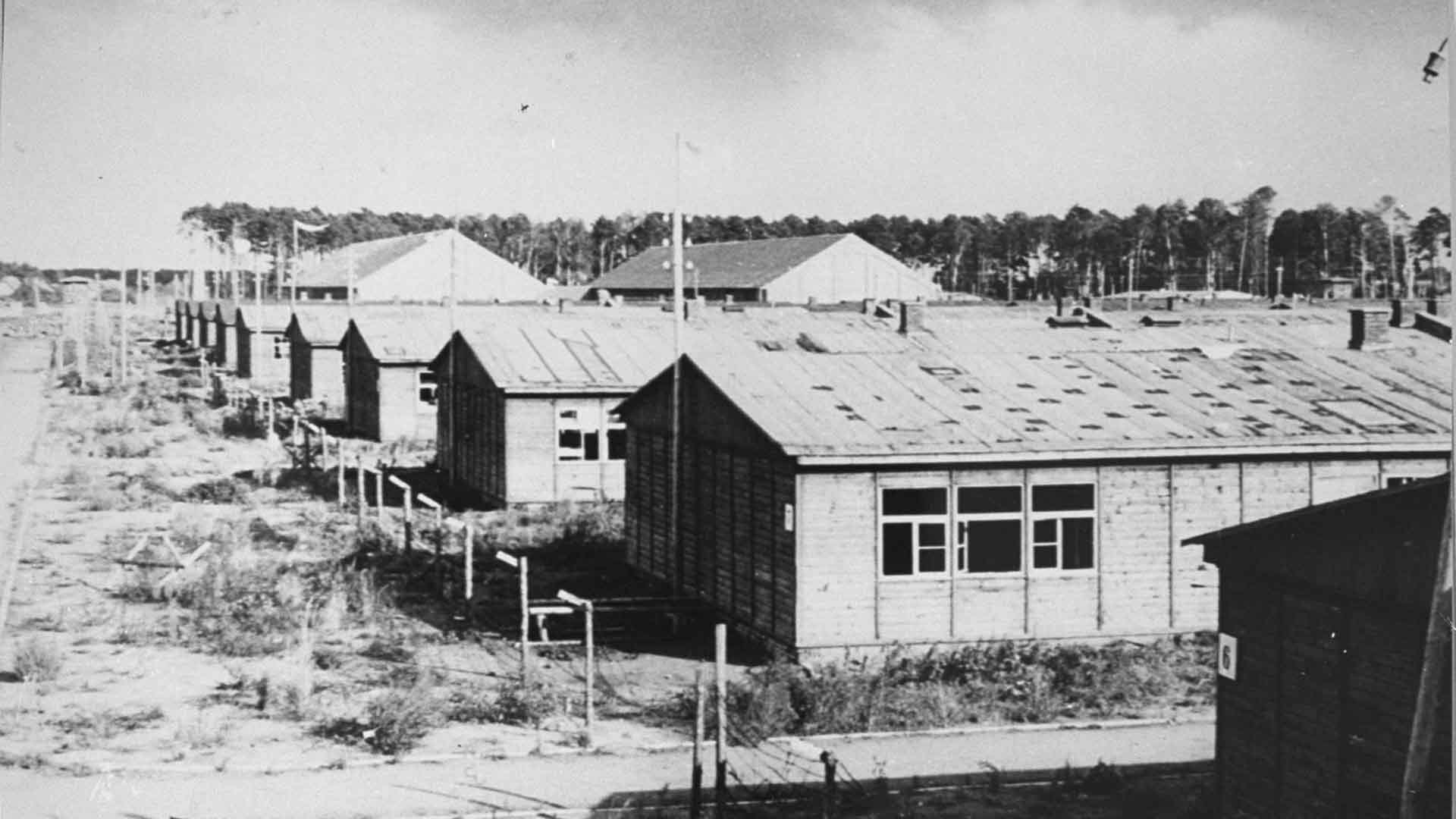
Source: Wikipedia
Furchner’s duties supported the operations that led to the deaths of countless prisoners through gassings, forced labor, and death marches.
The Crimes Committed at Stutthof
Stutthof concentration camp, located near Danzig (now Gdansk, Poland), was a site of immense suffering. Initially a collection point, it later became a camp where forced laborers and prisoners faced brutal conditions.
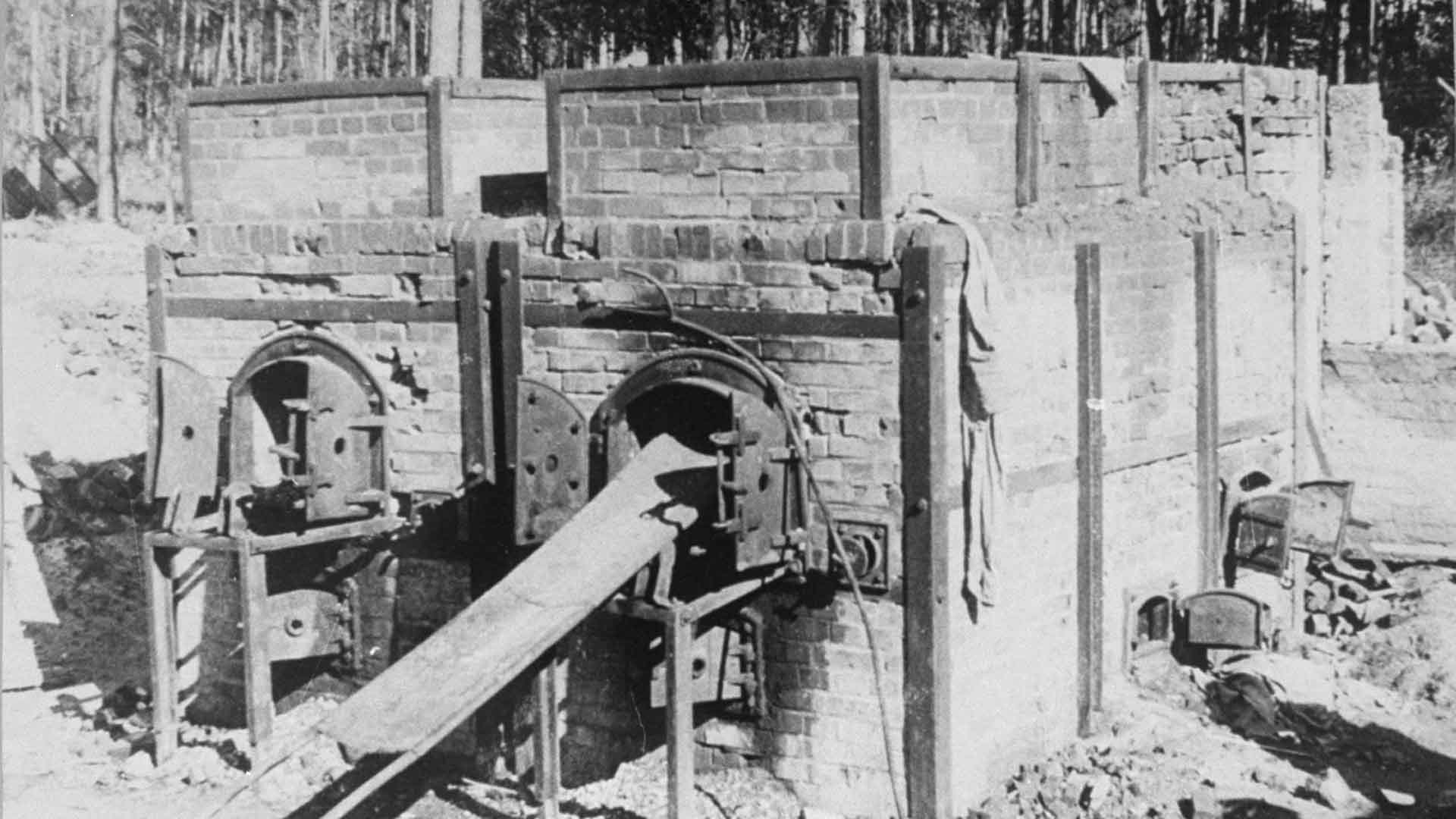
Source: Wikipedia
By mid-1944, the camp saw an influx of Jewish prisoners from ghettos in the Baltics and Auschwitz. Over 60,000 people perished at Stutthof due to the inhumane conditions.
The 2022 Conviction
In December 2022, Furchner was convicted by a state court in Itzehoe, Germany, for her role in the murder of 10,505 people and the attempted murder of five others. The court concluded that through her work, Furchner deliberately supported the operations that led to these deaths.

Source: Blogtrepreneur/Wikimedia Commons
Her two-year suspended sentence marked a significant moment in the pursuit of justice for Holocaust victims.
Furchner’s Appeal
Furchner’s defense argued that she was unaware of the atrocities being committed at Stutthof and questioned her role as an accessory to the murders.

Source: Freepik
However, the Federal Court of Justice in Leipzig rejected this appeal, affirming that her involvement in the camp’s operations was enough to hold her accountable for the crimes committed there.
Legal Precedent
Furchner’s conviction was made possible by the legal precedent set in 2011 with the conviction of John Demjanjuk. Demjanjuk, a former Ohio autoworker, was convicted of being an accessory to murder for his role as a guard at the Sobibor death camp.
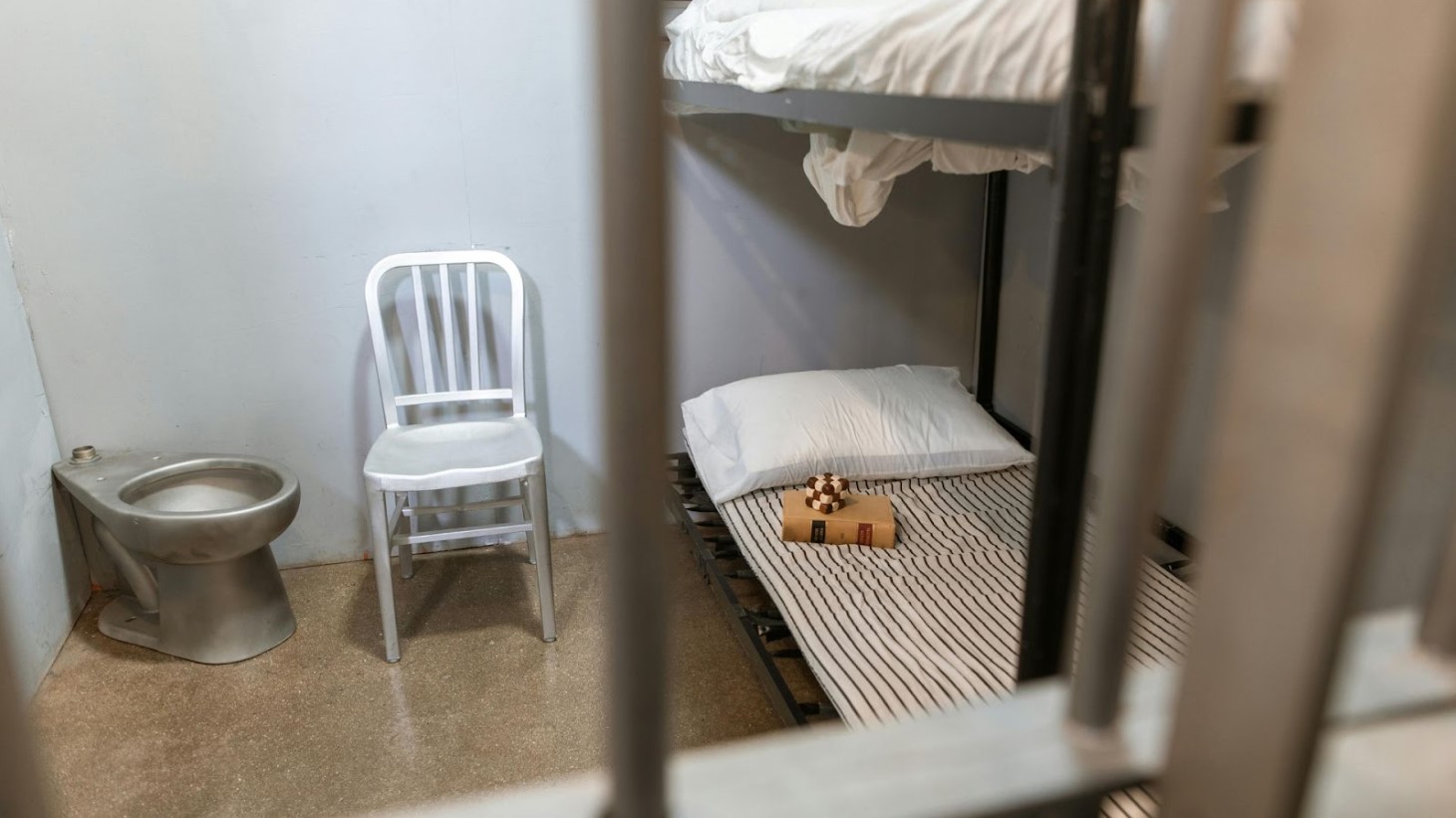
Source: RDNE Stock Project/Pexels
This precedent allowed German courts to hold individuals accountable for their roles in the Nazi regime, even without direct evidence of specific killings.
The Importance of Furchner’s Trial
For Holocaust survivors and their families, Furchner’s trial represents a form of justice that was long overdue.

Source: Trnava University/Unsplash
Josef Schuster, head of the Central Council of Jews, emphasized the importance of this ruling, stating, “even nearly 80 years after the Holocaust, no line can be drawn under Nazi crimes.”
A Grim Legacy
Stutthof’s legacy as a site of mass murder is a stark reminder of the horrors of the Holocaust. The camp was not only a place of forced labor but also a site where thousands were subjected to inhumane conditions, leading to their deaths.
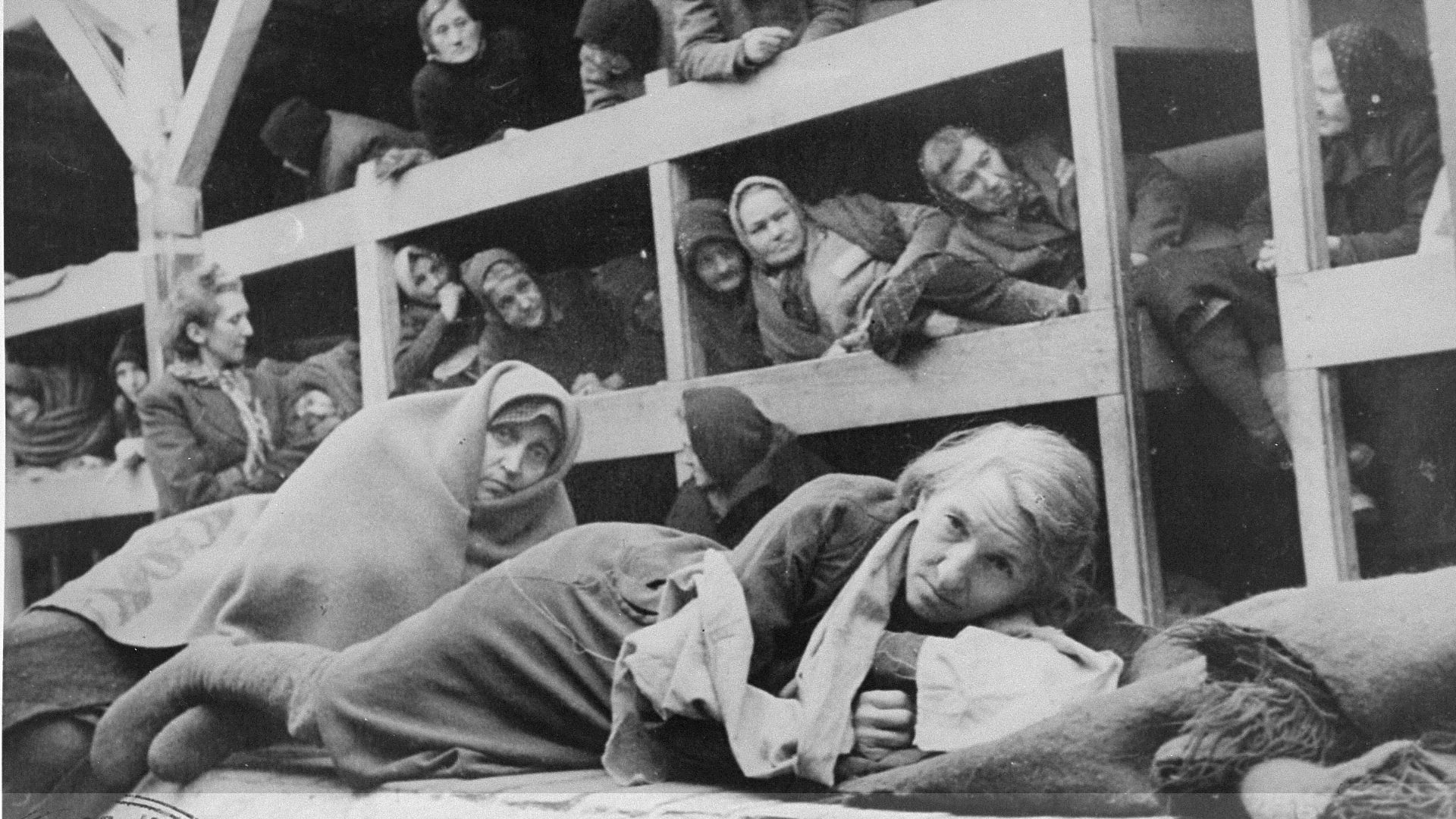
US Holocaust Memorial Museum/Wikimedia Commons
Furchner’s conviction highlights the role that even seemingly minor figures played in the Nazi regime’s crimes.
The Role of Courts in Preserving History
The decision to uphold Furchner’s conviction reflects the broader role of courts in preserving historical memory. By continuing to prosecute those involved in Nazi crimes, Germany sends a message that these atrocities will not be forgotten.

Source: Tingey Injury Law Firm/Unsplash
This commitment to justice ensures that future generations understand the gravity of the Holocaust and the importance of accountability.
The Future of Nazi War Crime Trials
As time passes, the number of individuals who can be held accountable for Nazi war crimes dwindles. With Furchner’s trial potentially being one of the last, questions arise about the future of such prosecutions.
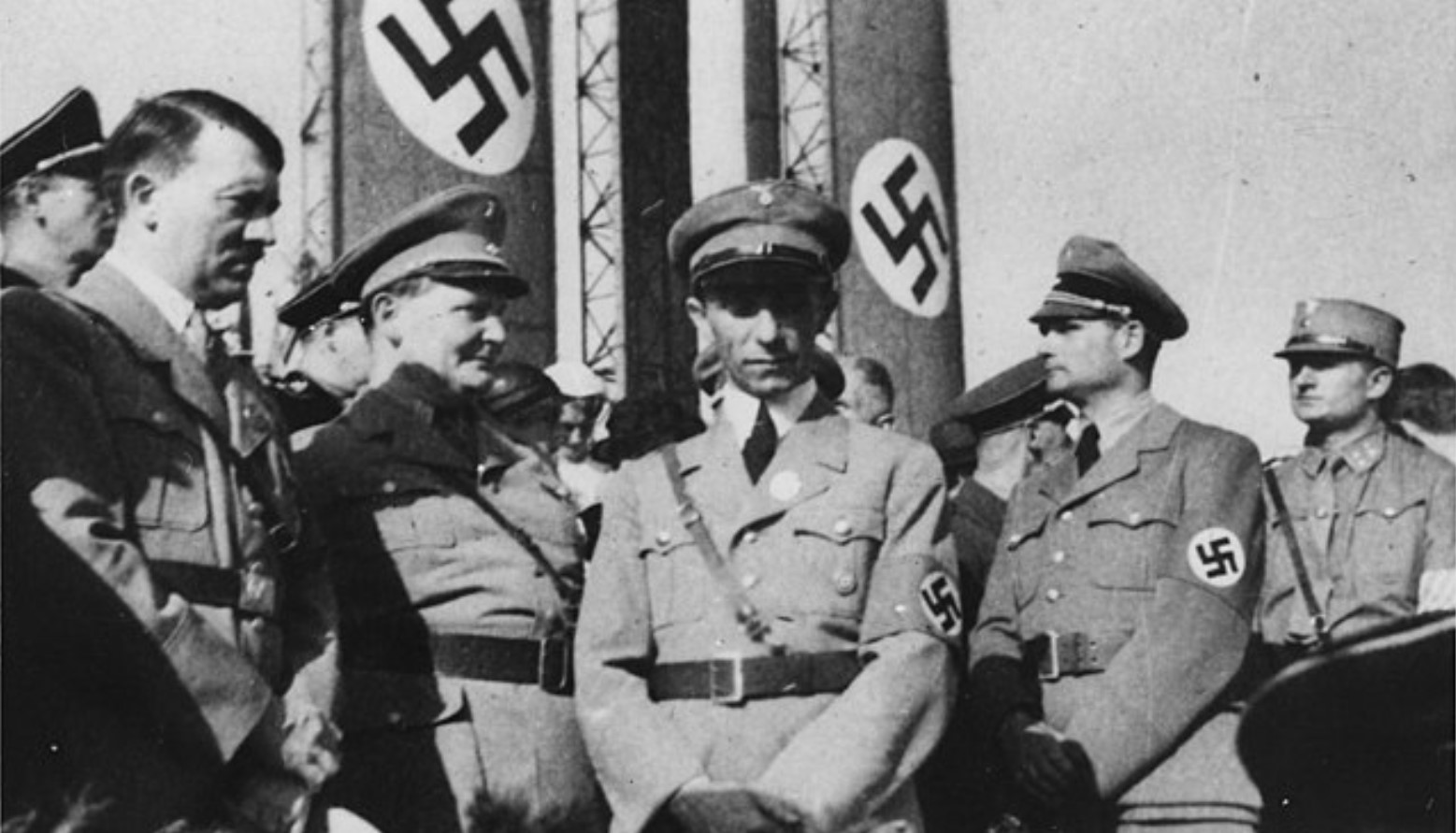
Source: Unknown Author/Wikimedia Commons
Germany’s efforts to continue pursuing justice, despite the advanced age of suspects, demonstrate a dedication to confronting its past, but the end of this chapter is near.
The Broader Impact of Furchner’s Conviction
Furchner’s conviction has broader implications for how we view the responsibility of individuals within oppressive regimes. Her case shows that even those who were not directly involved in killings can be held accountable for their roles in facilitating atrocities.
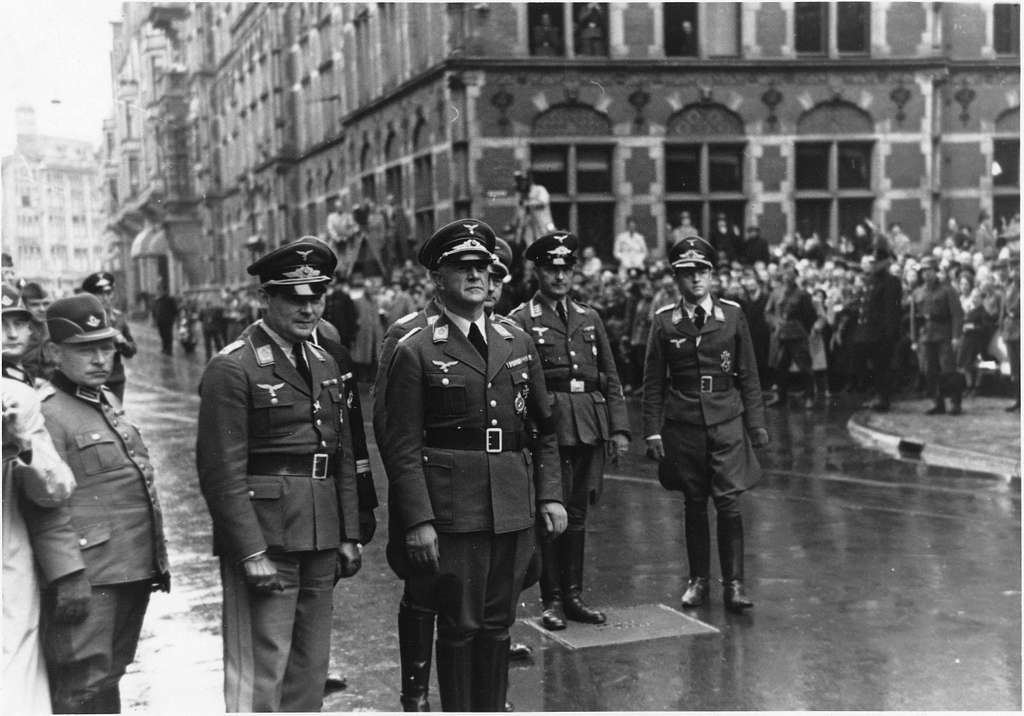
Source: Picryl
This perspective is important in understanding the mechanics of state-sponsored violence and the importance of justice on a global scale.
The Legacy of the Furchner Case
As likely one of the last trials related to Nazi crimes, the Furchner case leaves a lasting legacy. It serves as a powerful reminder that justice, though delayed, is still justice.

Source: Freepik
The ruling shows the enduring impact of the Holocaust and the ongoing responsibility to remember and learn from history, ensuring that such atrocities are never repeated.
